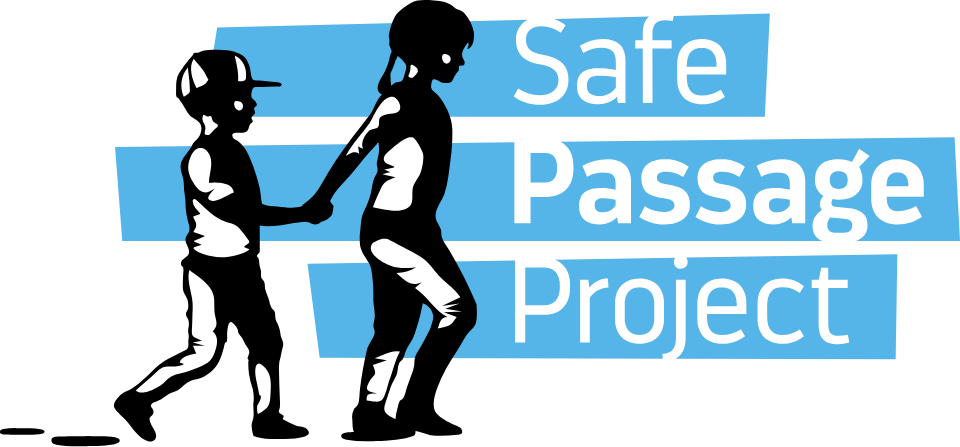Desireé Hernández, Safe Passage Project’s Deputy Executive Director and Director of Legal Services, joined WNYC this morning to discuss the drops in asylum grants for unaccompanied minors. Read the full story by WNYC below, or listen here.
Unaccompanied Minors Have Tougher Time Winning Asylum
Immigrants win asylum more often in New York than anywhere else when they go to court. But not when immigrant children seek a less adversarial path through a government agency, according to an analysis by WNYC News.
Unaccompanied minors — children who come to the US without parents — are not to be confused with those who are separated from their parents when they come to the U.S. border. The ones who come alone are kept in the care of special agencies through the Office of Refugee Resettlement until they can be reunited with a relative. They then have to fight to stay here just like adults by going to immigration court. But a special law to protect victims of trafficking lets these unaccompanied minors simultaneously apply for asylum with U.S. Citizenship and Immigration Services, or USCIS.
Attorney Jodi Ziesemer, supervising attorney with the unaccompanied minors program at Catholic Charities, said this is less traumatic for children because it puts them before a trained asylum officer.
“Instead of testifying in open court, being cross-examined by a trained government attorney, having to present witnesses and evidence to meet the standards in immigration court, they can present their case in front of an asylum officer,” she explained. Children can also bring their own translator.
So far this fiscal year, just 21 percent of kids who applied for asylum were granted it at the USCIS office in New York Two years ago, it was 38 percent. Unaccompanied minors in New York are also served by the New Jersey office of USCIS, where asylum grant rates have fallen even more in the first half of fiscal year 2018. It’s 32 percent now versus 70 percent in the first half of fiscal year 2016. This reflects a national trend.
The Trump administration is cracking down on a surge in border crossers this year, after the numbers declined in 2017. President Donald Trump calls the asylum process for young trafficking victims a “loophole” that can be abused by gang members. (This explainer by FactCheck.Org describes different immigration policies the President has criticized, which date back many years.)
In February, USCIS began scheduling new cases faster& to reduce its backlog of more than 300,000 cases and weed out what it calls frivolous applications. At the same time, immigration judges have been under pressure to move more swiftly because of their own backlog. Lawyers said that unaccompanied minors, who remain on judges’ dockets while they ask USCIS for asylum, are being rushed along as a result.
But Attorney Ziesemer said these policies alone don’t explain the declining number of kids granted asylum. She’s noticed something else.
“The asylum office seems to be doing extra background checks, extra security checks,” she said. “That has been reflected in the asylum interviews as well, that they’re asking many more detailed questions about any contact with criminals or gangs.”
A spokeswoman for USCIS said there’s no change in policy, and each child’s case is different. But Desiree Hernandez, deputy director of the Safe Passage Project which represents children, said some cases that would have been approved before are denied now. She has one client who’s about 14 years old and described being raped by family members in her remote indigenous community.
“This child is very articulate even through the trauma that she has survived, and was able to tell her story at the asylum office,” she recalled. “And the asylum office referred her case to the judge.”
That child still has an attorney who can fight her case in court. But others don’t. New data from TRAC at Syracuse University show that young asylum seekers have a harder time now finding lawyers, even in New York, which could also explain the drop in asylum grants. Without lawyers coaching them on how to tell their stories to an officer and to help gathering medical and psychological records, those children stand a tougher chance when they go before asylum officers at USCIS.
—
You can read or listen to the full story here.
